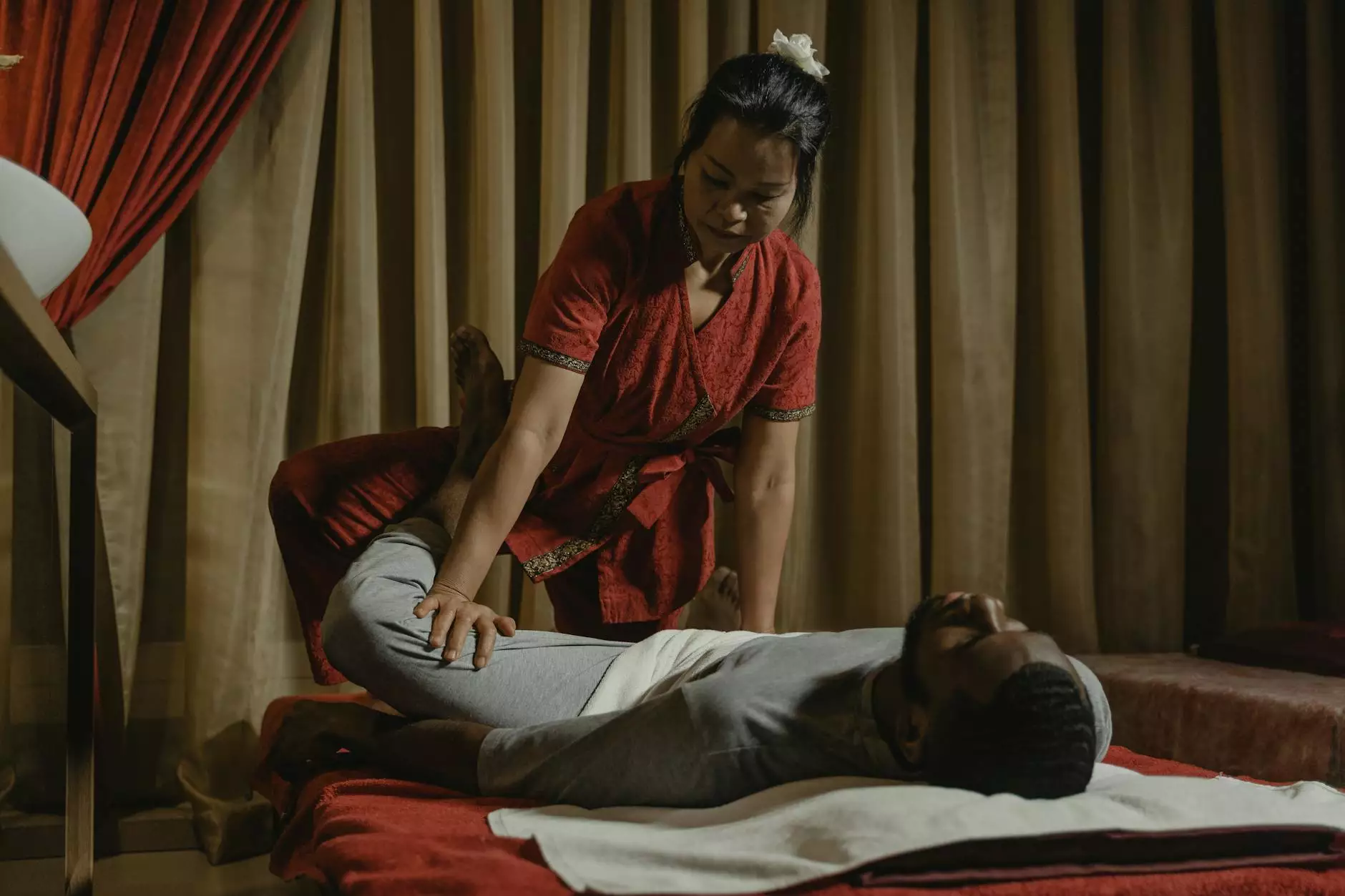Restless Leg Syndrome Causes and Treatment

Introduction
Restless Leg Syndrome (RLS) is a neurological disorder characterized by an uncontrollable urge to move the legs, usually accompanied by uncomfortable sensations. It affects millions of people worldwide and can significantly impact daily life. At Vein Center of Arizona, our expert doctors specializing in Vascular Medicine understand the complexities of RLS and offer effective treatment options to bring relief and improve quality of life.
Understanding Restless Leg Syndrome
Restless Leg Syndrome is a condition that primarily affects the legs but can also occur in the arms or other parts of the body. The exact cause of RLS is still being studied, but several factors have been identified as potential triggers for this condition.
Possible Causes of Restless Leg Syndrome:
- Genetics: Research suggests that RLS may have a genetic component, with certain gene mutations increasing the risk of developing the condition.
- Iron Deficiency: Low levels of iron in the brain may disrupt dopamine signaling, leading to RLS symptoms. Iron supplements or dietary changes may help alleviate symptoms in some cases.
- Neurological Abnormalities: Changes in brain chemicals, such as dopamine, may contribute to the development of RLS. Imbalances in other neurotransmitters like glutamate and serotonin may also play a role.
- Pregnancy: RLS is more common during pregnancy, possibly due to hormonal changes and increased blood volume. Symptoms often subside after giving birth.
- Chronic Diseases: RLS can be associated with certain medical conditions like kidney disease, diabetes, and peripheral neuropathy. Treating the underlying condition often helps manage RLS symptoms.
- Medications: Some medications, such as antidepressants or antipsychotics, have been linked to the onset or worsening of RLS. Consulting with a healthcare professional about alternative options may be beneficial.
- Lifestyle Factors: Certain lifestyle choices such as smoking, excessive caffeine intake, and sedentary behavior can exacerbate RLS symptoms. Making healthy lifestyle changes can alleviate discomfort.
Treatment Options for Restless Leg Syndrome
At Vein Center of Arizona, our dedicated doctors specialize in Vascular Medicine and provide personalized treatment plans tailored to each patient's unique needs. We understand the impact RLS can have on your daily life, and our goal is to help you find relief.
1. Lifestyle Modifications:
Simple lifestyle changes can significantly improve RLS symptoms. Consider the following:
- Regular exercise: Engaging in regular physical activity, such as walking or swimming, can help reduce symptoms.
- Warm baths or massages: Relaxing in a warm bath or receiving a massage can provide temporary relief.
- Establishing a sleep routine: Maintaining a consistent sleep schedule can help minimize RLS symptoms during the night.
- Avoiding triggers: Identify and avoid factors like caffeine, nicotine, and alcohol that may worsen RLS symptoms.
2. Medications:
In some cases, medication may be necessary to manage RLS symptoms effectively. Our experienced doctors may prescribe:
- Dopamine agonists: These medications mimic the effects of dopamine in the brain, reducing RLS symptoms.
- Alpha-2 agonists: Medications that increase levels of neurotransmitters like norepinephrine, providing relief from RLS symptoms.
- Anticonvulsants: Certain anticonvulsant drugs can help control the abnormal electrical activity responsible for RLS.
- Iron supplements: If iron deficiency is identified as a cause, supplementation may be recommended to alleviate symptoms.
3. Compression Therapy:
For individuals with chronic venous insufficiency (CVI) or other vascular conditions causing or contributing to RLS, compression therapy can be highly effective. This involves wearing specialized compression stockings or wraps to improve blood flow and reduce discomfort in the legs.
4. Vascular Treatments:
In cases where RLS is related to underlying vascular issues, our skilled doctors can provide various minimally invasive treatments to address the root cause. These may include:
- Venous Insufficiency Ablation: Using advanced techniques, our doctors can close off problematic veins and redirect blood flow to healthier vessels.
- Sclerotherapy: This treatment involves injecting a solution into affected veins, causing them to shrink and eventually fade away.
- Endovenous Laser Therapy: A minimally invasive procedure utilizing laser energy to treat abnormal veins and restore proper blood flow.
Conclusion
Restless Leg Syndrome can significantly impact one's quality of life, but with the right approach to treatment, relief is possible. At Vein Center of Arizona, our expert doctors specializing in Vascular Medicine understand the complexities of RLS and offer a range of effective solutions. From lifestyle modifications and medications to advanced vascular treatments, our goal is to help you regain control and enjoy a better quality of life. Contact us today to schedule a consultation and take the first step towards finding relief from RLS.
treatment restless leg syndrome causes


